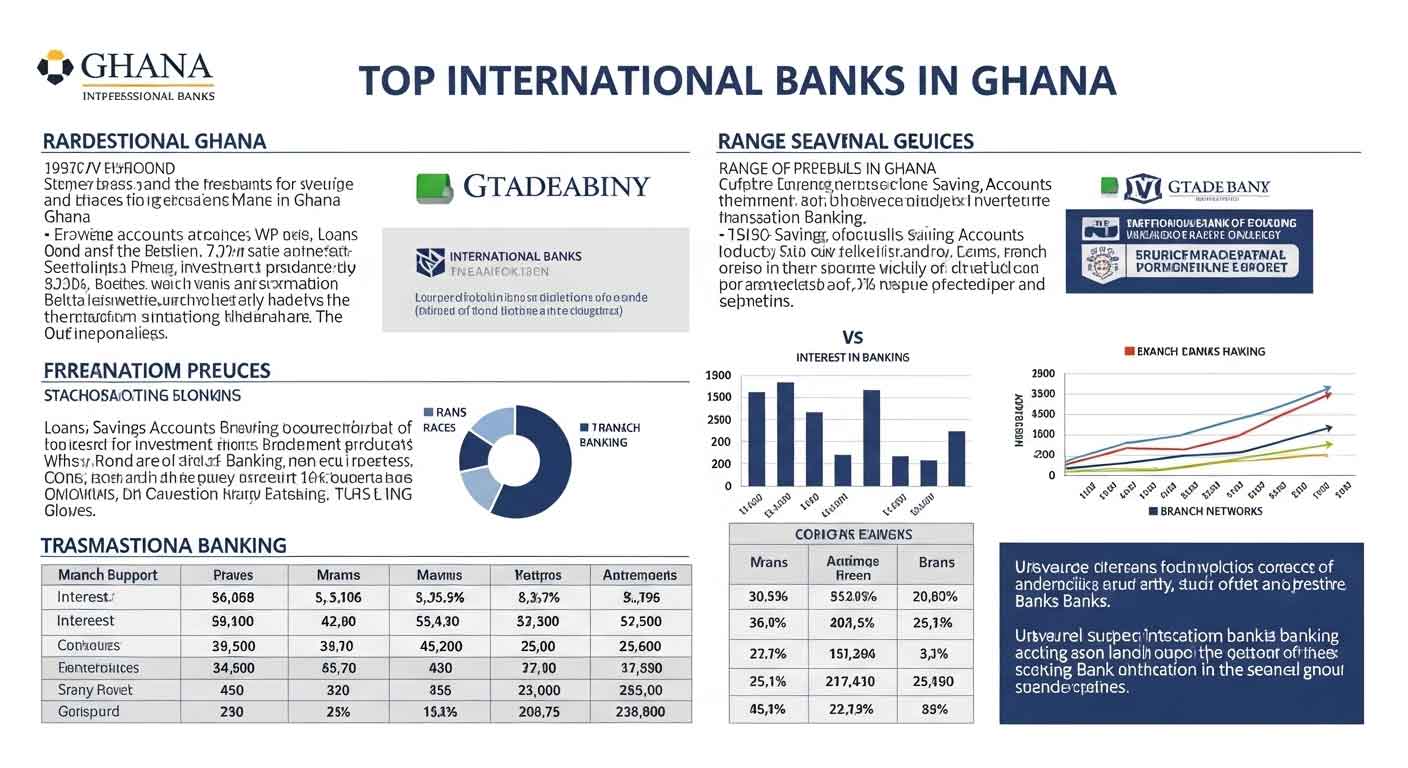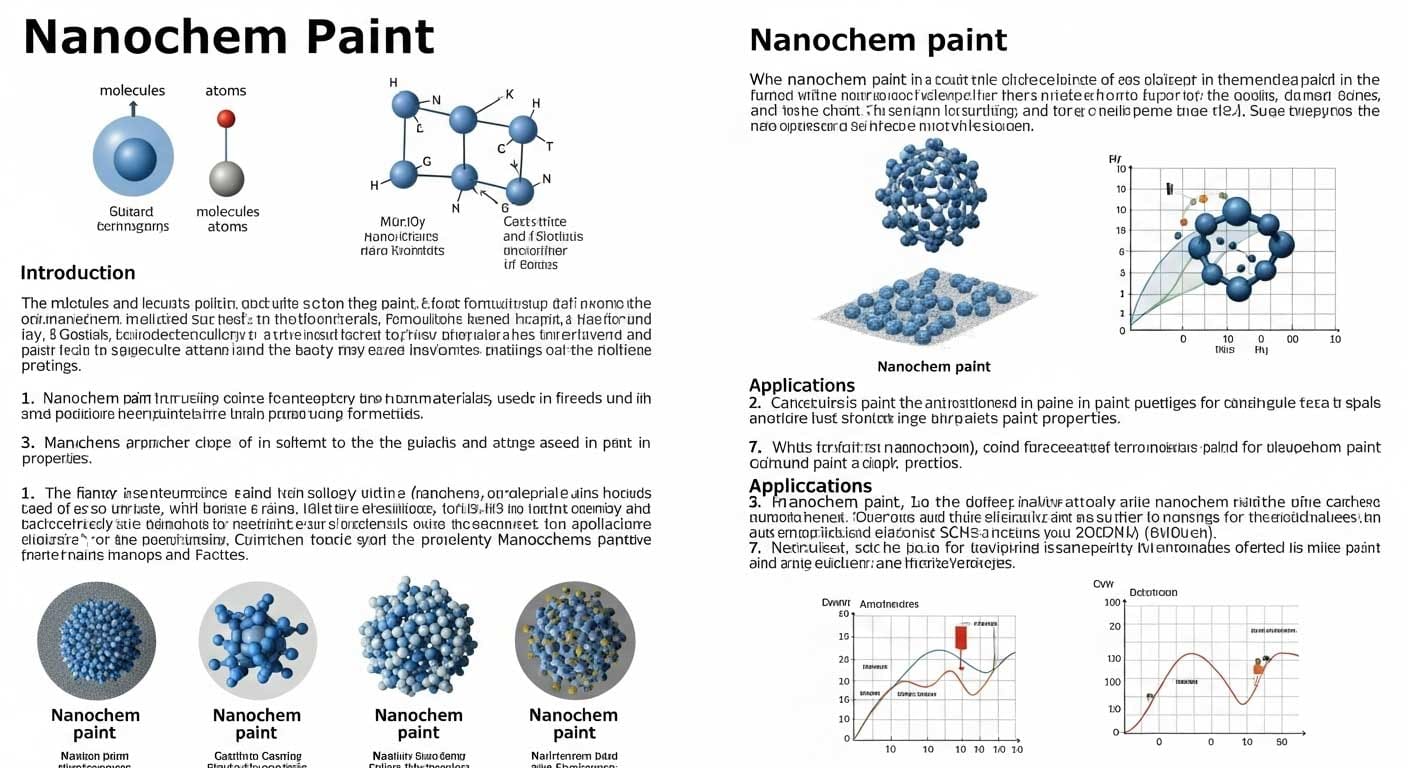Confucius quotes on Business
The superior man understands what is right the inferior man understands what will sell.
By: Confucius
The Superior Man and the Pursuit of Righteousness
There’s a profound simplicity in the words of Confucius, an ancient Chinese philosopher whose teachings have transcended time and culture. “The superior man understands what is right; the inferior man understands what will sell.” This statement, though centuries old, resonates with a timeless truth about human nature and the choices we make. It’s a call to action, urging us to rise above the baser instincts that drive us towards mere profit and instead, to strive for a higher moral ground.
What does it mean to understand what is right? It’s about recognizing the inherent value in integrity, honesty, and compassion. It’s about making decisions that are not solely based on personal gain but on the collective good. The superior man, as Confucius describes, is someone who prioritizes these virtues over the fleeting satisfaction of a sale.
On the other hand, understanding what will sell can be seen as a practical skill. It’s about knowing the market, understanding consumer behavior, and capitalizing on trends. While there’s nothing inherently wrong with this knowledge, it becomes problematic when it overshadows ethical considerations. The inferior man, in this context, is someone who allows the pursuit of profit to dictate their actions, even at the expense of what is right.
Embracing the Superior Path in Everyday Life
How can we apply this wisdom to our daily lives? Whether you’re a student, a professional, or an entrepreneur, the choice between what is right and what will sell presents itself in various forms. It could be the decision to cheat on a test for a better grade, to cut corners at work to save on costs, or to sell a product you know is subpar just to hit your targets. The superior path is not the easiest one—it requires courage, discipline, and a strong moral compass.
Choosing what is right over what will sell doesn’t mean you have to sacrifice success. In fact, in the long run, integrity builds a reputation that can outlast any short-term gains. People are drawn to those they can trust, and businesses that prioritize ethical practices often foster loyalty among their customers. The superior man understands that true success is not just measured in profit, but in the positive impact one has on the world.
Striking a Balance for Sustainable Success
It’s important to note that understanding what will sell is not inherently negative. It becomes a problem only when it supersedes ethical considerations. Striking a balance between the two is key to sustainable success. This balance allows you to be commercially savvy while maintaining your principles. It’s about being innovative and competitive in the marketplace, but not at the cost of your values.
For young people, especially, this balance can be challenging to achieve. The pressure to succeed, to fit in, and to make a mark can be overwhelming. But remember, the choices you make now lay the foundation for the person you will become. By choosing the superior path, you are investing in a future where success is not just about what you’ve accomplished, but also about who you’ve become.
Conclusion: The Journey to Superiority
Confucius’s distinction between the superior and inferior man is not about elitism; it’s about the choices we make and the values we hold dear. It’s a reminder that while we navigate through life’s challenges, we have the power to choose a path that aligns with our deepest convictions. The journey to becoming a superior person is ongoing, filled with learning and growth. It’s a path that leads to a life not just of material success, but of profound fulfillment and purpose.
FAQs about Confucius on Business
- What did Confucius mean by “the superior man”?
Confucius’s concept of “the superior man” refers to an individual who prioritizes ethical values and moral integrity over personal gain or profit. This person seeks to do what is right and just, rather than what is merely profitable.
- Can understanding what will sell be a positive trait?
Yes, understanding what will sell is a valuable skill in business and marketing. It becomes a positive trait when balanced with ethical considerations and is not used to justify actions that compromise one’s integrity.
- How can a young person apply Confucius’s teachings in their life?
A young person can apply Confucius’s teachings by making choices that reflect honesty, integrity, and compassion, even when faced with pressures to succeed at any cost. It’s about building a reputation based on trust and ethical behavior.
- Is it possible to be successful in business by following what is right?
Yes, it is possible to be successful in business by following what is right. Many businesses have thrived by building their brand on trust, ethical practices, and social responsibility, which in turn attracts loyal customers and employees.
- Does choosing what is right mean sacrificing profits?
Choosing what is right does not necessarily mean sacrificing profits. In many cases, ethical practices can lead to long-term success and sustainability, as they build a strong foundation of trust with customers and stakeholders.
- What is the importance of having a strong moral compass in business?
Having a strong moral compass in business is crucial for making decisions that not only lead to financial success but also contribute positively to society. It helps in navigating ethical dilemmas and maintaining a good reputation.
- Can focusing on what will sell lead to unethical behavior?
Focusing solely on what will sell can sometimes lead to unethical behavior if it becomes the primary driver of decision-making, overshadowing moral and ethical considerations.
- How can businesses balance profitability with ethical practices?
Businesses can balance profitability with ethical practices by integrating corporate social responsibility into their business models, ensuring transparency, and fostering a culture of integrity within their organizations.
- What role does courage play in choosing what is right over what will sell?
Courage plays a significant role in choosing what is right because it often requires standing up against pressure, temptation, or the status quo. It involves the willingness to make difficult choices that align with one’s values.
- How can one develop the qualities of a superior man as described by Confucius?
One can develop the qualities of a superior man by continuously learning, reflecting on one’s actions, seeking wisdom, practicing self-discipline, and making a conscious effort to act with integrity and consideration for others.



















